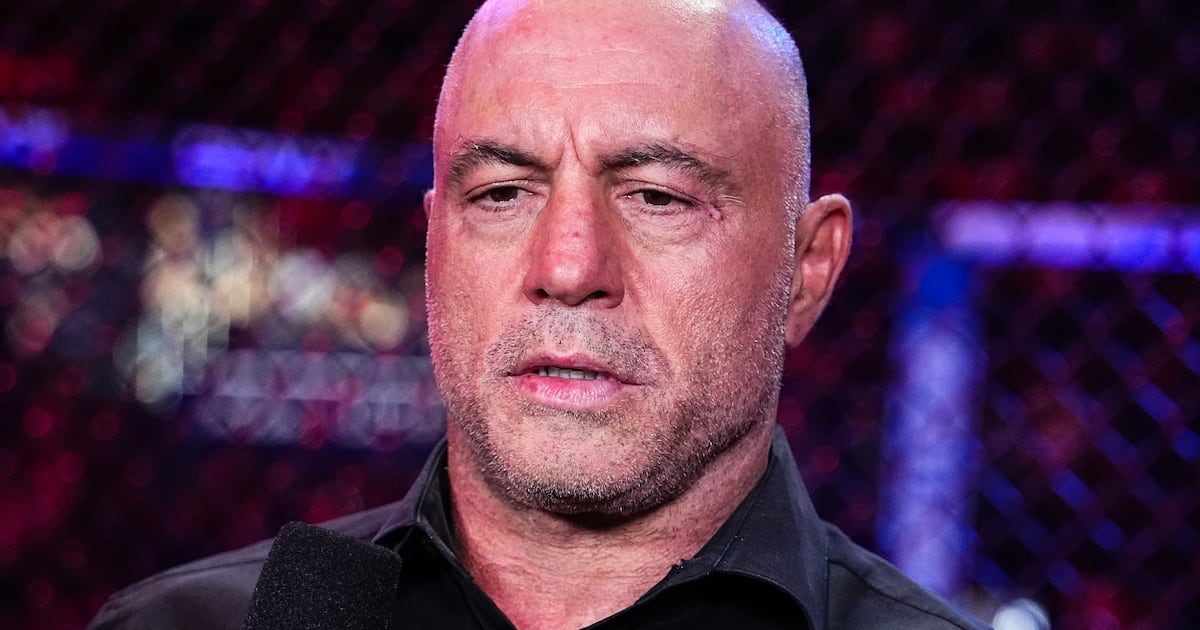Bob Marley spent his brief, extraordinary life promoting peace, unity, and the Rastafarian ideal of “one love.” His family and former band members have been at each other’s throats ever since.
The latest installment in a long line of legal and public relations battles over Marley’s life and work comes in...






